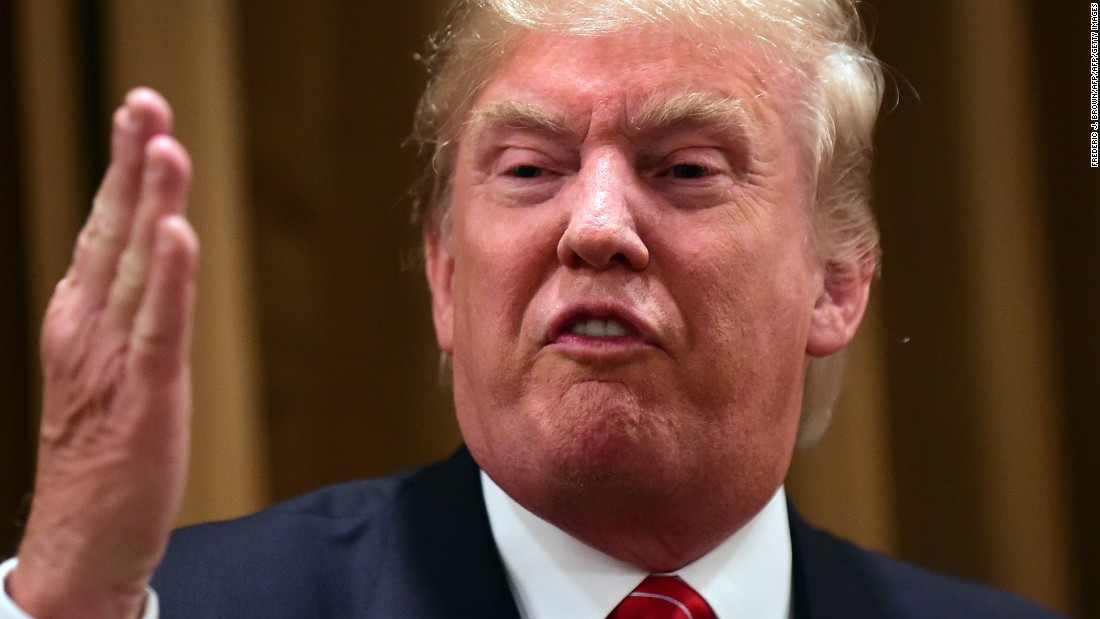 |
| Win or lose, Trump will recover. We just don't want his movement to. |
I no longer worry that my dislike of Donald Trump is somehow a hateful act. Years ago -- perhaps since I first laid eyes on him -- I pegged Trump as a creep, as an egotist, as a materialist that gave materialists a serious black eye. This was well before he went birther on Barack Obama. After that, I knew him to be a serial liar.
Remember his "I sent investigators to Hawaii. You won't believe what they found!" Then he didn't tell us what they found. You know why? Because he never sent investigators to Hawaii, and thus they never found anything because there was never anything to find. That pattern of a lie built on a lie built on a lie turns out to be Donald Trump's M.O.
So praying for Donald Trump to lose the election is not in any way a hateful act. It's become a matter of survival, an outright act of patriotism. We can't afford an America where his vision -- at least that vision of America that he's awakened in his followers -- thrives. We want it withered, and we want it withered now.
So does Bob Cesca in Salon:
Donald Trump is an existential threat to American democracy, and therefore he can’t simply lose the election. He has to be electorally humiliated. Crushed. Embarrassed. The candidate who pledged “so much winning” has to be personally mortified by an unequivocal loss — an electoral massacre so severe that it leaves little room for screeching about rigged elections, and, more importantly, the loss has to be so overwhelming that it discourages any similar would-be populist tyrants from emerging in the future. In a word, Trump and anyone similar needs to be politically put-down in a way that permanently ends whatever derangement led us to this point.In Slate, Matthew Rozsa urges Hillary haters to vote for her anyway:
Perhaps my perspective is skewed by my academic career (four years studying American history tends to affect how a person views contemporary political events), but when I look at the choice between Clinton and Trump, I can’t help but think of how life would be better today if similar elections from the past had turned out differently. If Hubert Humphrey or George McGovern had defeated Richard Nixon, America would have been spared the trauma of Watergate. Had Jimmy Carter thwarted Ronald Reagan in 1980, we wouldn’t have had weaker labor unions and thus rising income inequality over the past third-of-a-century. Most famously, if only a few thousand voters in New Hampshire or Florida had voted for Al Gore instead of George W. Bush, we could have avoided the second Iraq War and had tax cuts that focused on families with children, college students, and aging parents instead of primarily benefiting the wealthy.Yes, all of these things were avoidable with simple twists of fate or, in the case of Gore/Bush, the absence of misbegotten interference by a Supreme Court gone wild. Rozsa goes on to point out:
And what about Clinton versus Trump? According to a recent in-depth New York Times piece, Clinton would focus her presidency on two issues – immigration reform and creating jobs through infrastructure spending. By contrast, Trump would focus on building a wall on the U.S.-Mexico border, banning Muslim immigration, auditing the Federal Reserve, and repealing the Affordable Care Act.However insightful, Rozsa misses that Clinton would likely press for a third important thing: Expanding the ACA with a public option, as well as expanding Medicare down to age 55. But why quibble? The point is Clinton will hardly blow up the joint.
And finally, Michael Gerson, a Bush speechwriter who long ago gave up being a conservative spokesman (his team abandoned him, not the other way around) in favor of making sense, which he does again this week as the Trump train once more jumps the tracks:
My point here is not that Trump is a classless, egotistical sadist — though that case is strong. It is that Trump’s view of nationalism is based on culture, ethnicity and exclusion. It does not even matter if suspicious outsiders have made what Abraham Lincoln called “so costly a sacrifice upon the altar of freedom.” Their faith, in Trump’s view, is foreign and immediately associated with stereotypes of oppression and violence. The same is true with Mexican ethnicity, which Trump has identified with sexual aggression and murder. Trump is not merely indifferent to the language of racial and religious inclusion; he is actively hostile to the premise.Gerson goes on to say that Trump's vision of being the sole leader that can return America to being the once great white Christian nation that it once was is one that should be entirely repudiated by GOP leaders, if only for their own sake. Because:
But there is even more at stake. Those who support Trump are setting the Republican Party at odds with the American story told by Lincoln and King: a nationalism defined by striving toward unifying ideals of freedom and human dignity. Is this what the speaker of the House, the Senate majority leader, the chairman of the Republican Party and so many other good people intended when they entered politics? Is this how they define their soul’s high purpose?Will GOP leaders risk the destruction of their party for short-term political goals? Apparently so. But Democrats, disillusioned Bernie backers, fair-minded independents can't afford to risk America. Vote for Hillary Clinton, not for third-party candidates, even if you feel you'd have to hold your nose while doing it. Fine. It's better than wasting an opportunity for our nation to repudiating Donald Trump's nationalistic, racist, xenophobic fear-mongering. We owe it to our own future, one in a nation that still clings to its values and principles, and not to its racist xenophobic ghosts.

No comments:
Post a Comment